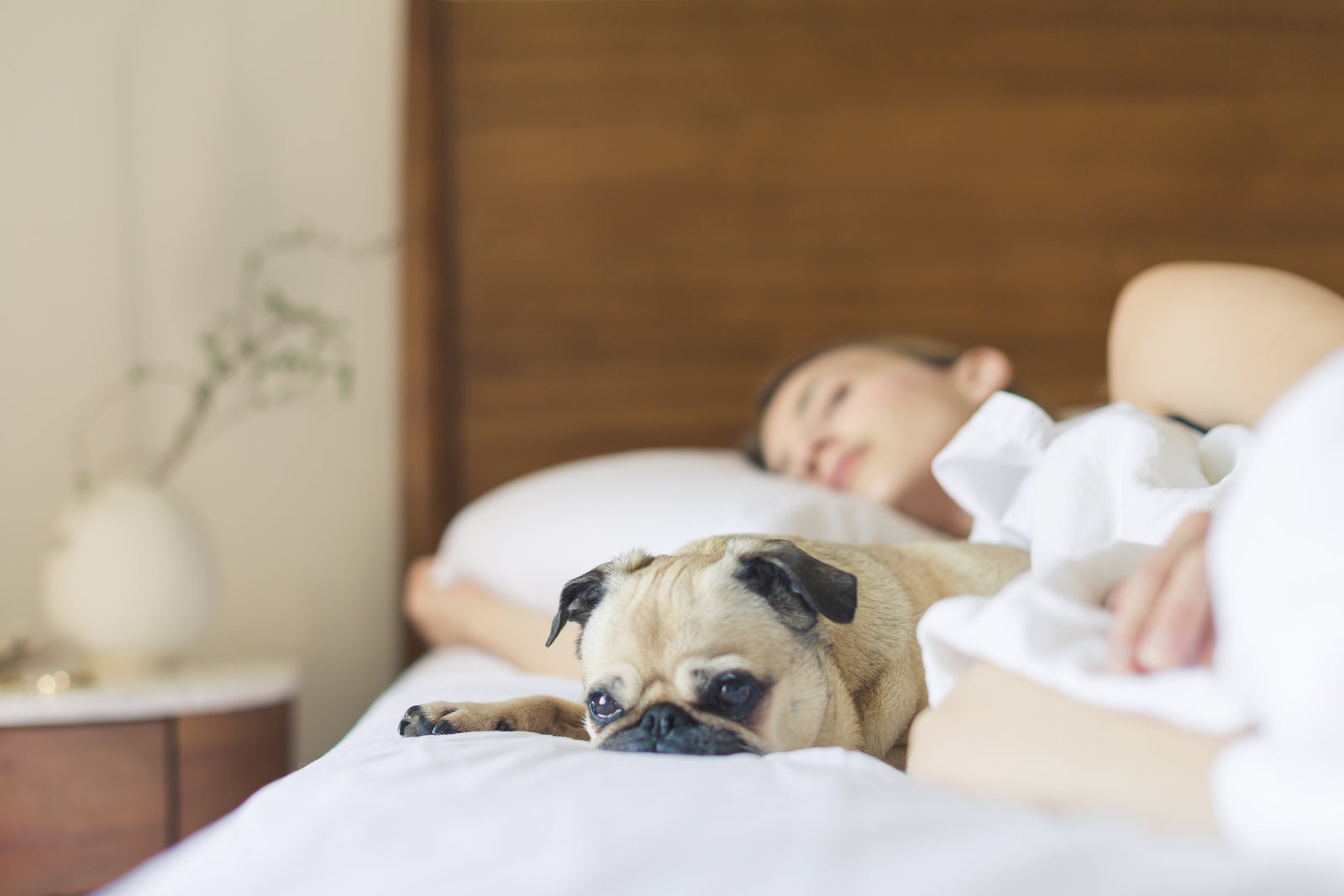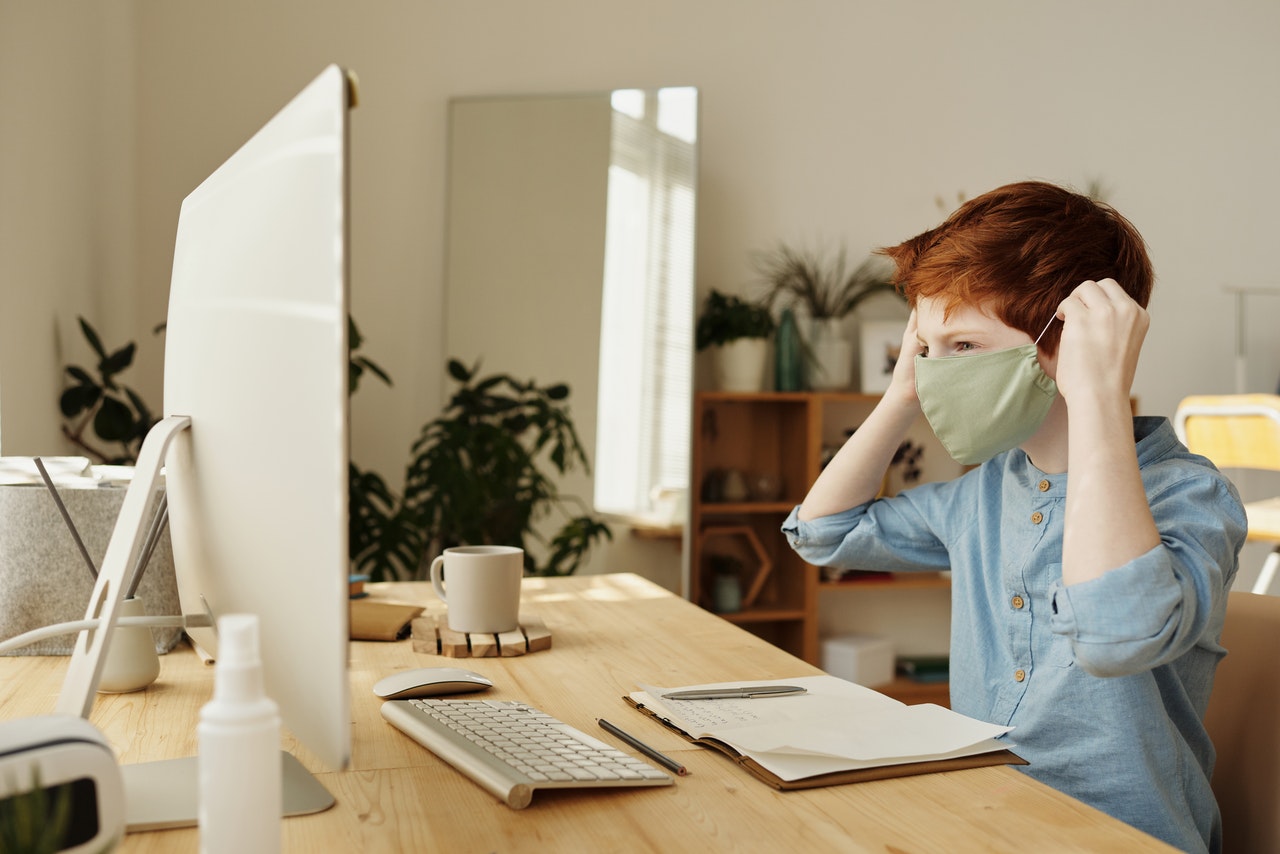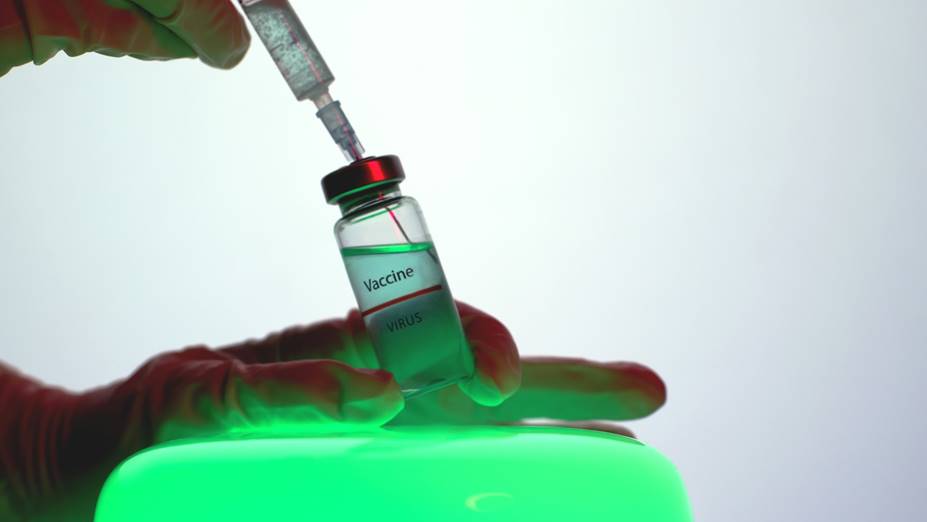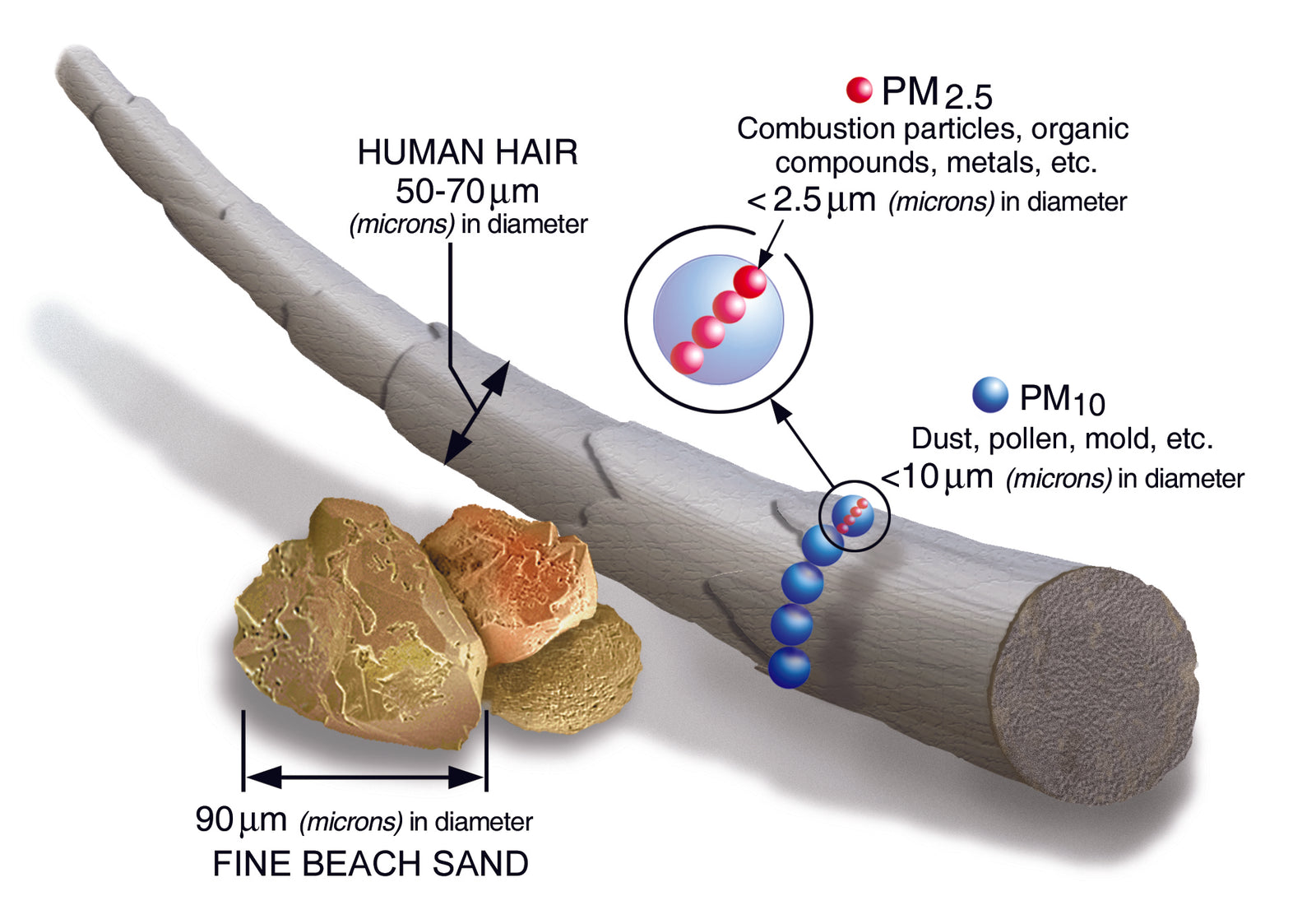Sleep Better and Boost your Immune System

I am fortunate enough to be able to sleep on demand. This may be the result of spending half my adult life traveling around the globe for business. I forced myself to learn to sleep on a plane so I could land in the next country ready to work. I imagine for most, the challenges with getting sleep with the stress and disruptions of this pandemic must be difficult. This week I contacted my very good friend, Julie Wright, a specialist on the topic, for insight and advice for our readers.
Why sleep matters and how it helps protect your immune system against viruses and infections
Sleep is a pillar of physical health, mental health, and wellbeing - essential for tissue repair, cell regeneration, immune function, memory, and for regulating mood and emotions.
Imagine if you got longer and more quality sleep. You could be even better at everything you do, in all areas of life: perform better at work, be more engaged at home, give your best while exercising and be your best in your personal and professional relationships. You would be happier, more performant, and engaged.
Sleep is also known to boost your immune system, so it is a fantastic way to help combat COVID-19 or any infections. Sleep boosts the production of your white blood cells. And going through at least 4 to 5 sleep cycles promotes the production of the protein cytokine which tells the body where to direct white blood cells to fight infections. With less of it, the body will struggle to fight them.
So, how is YOUR sleep? And how about, lately since the COVID-19 pandemic started?
We asked our sleep webinar participants and here is what they said:
23% sleep worse than before
29% about the same yet feel more worried and more anxious than before
34% sleep about the same
14% sleep better
Source: WeSleep Survey (Spring 2020) - question: how has COVID affected your sleep?

So, how is YOUR sleep? And how about, lately since the COVID-19 pandemic started?
We asked our sleep webinar participants and here is what they said:
23% sleep worse than before
29% about the same yet feel more worried and more anxious than before
34% sleep about the same
14% sleep better
Source: WeSleep Survey (Spring 2020) - question: how has COVID affected your sleep?
Participants who "sleep worse" and are "more worried and anxious" (52%) tend to have difficulty falling asleep, vivid dreams, and trouble staying asleep.
Participants who “sleep better” (14%) tend to feel less social and work pressure and feel more in control of their days. That said, note that sleeping much longer hours but not feeling rested could also be a sign of mental or emotional exhaustion or mild depression.
6 likely reasons for sleeping worse during the COVID-19 era:
REASON 1. A physiological stress response triggered by emotions such as: feeling unsafe, a lack of control and predictability, financial worries, feelings of loss and insecurity
- high levels of stress hormones (cortisol, adrenaline)
- heart rate and blood pressure increase
- accelerated breath
REASON 2. Mental health conditions affecting sleep such as anxiety and depression triggered by the loss of a loved one, isolation, loneliness due to the lack of contact with others.
REASON 3. Not getting enough natural light throughout the day, which impacts the production and release of the sleep hormone melatonin and happy hormone serotonin – this is due to spending much more time indoors and working from home.
REASON 4. Consuming more stimulants (alcohol, caffeine, nicotine, drugs) or unhealthy foods disrupting our natural sleep process.
REASON 5. Difficulties sticking to a structured schedule, adapting to a new schedule, and struggling with keeping boundaries due to:
- our living space becoming multi-purpose
- losing the sense of time
- feeling lethargic, overwhelmed, and stuck
- not following a regular day-night routine
REASON 6. Spending more time with addictive entertainment (Netflix, video games, social media) as a result of boredom, stress, and a lack of discipline. Which keeps alertness levels high, pushing people to resist the urge to sleep.
Sleep Tips to improve your sleep:
The sleep-wake process is complex. It is the result of a careful orchestration of processes. Exposure to light. A master clock ensuring regular timings, the production and release of the right hormones and neurotransmitters working for us at the right time of the day and night, our natural pressure to sleep, building during the day, and a nervous system activating or relaxing us at the right time. If anything goes wrong in this process, we are unlikely to sleep well.
These 10 sleep tips provided should help, however:
- Avoid all stimulants 4-6 hours before sleep (coffee, alcohol, cigarettes)
- Avoid excessively stimulating activities in the hours before sleep including intense exercise
- Plan a 2-hour wind-down period with little to no exposure to screens or TV especially if it is too immersive.
- Maintain stable blood sugar throughout the day but avoid heavy foods and too much liquid too closer to bedtime.
- Maintain a regular routine: same wake-up and bedtime every day including weekends.
- Ensure that you spend at least 30 minutes outdoors every day, rain, or shine.
- Avoid naps, but if you really have to nap, then no longer than 30 minutes, no later than 4 pm.
- A sleep-promoting bedroom environment, meaning: Pitch black dark, totally quiet; Moderate temperature (16-21 °C); Comfortable & quality mattress; Well-ventilated
- Sleep alone if necessary and do not use the bedroom for recreation or work, instead, it should be strictly dedicated to sleep and sex.
- A quiet mind: create a sense of safety before bedtime, do whatever it takes to feel relaxed including breathing exercises, meditation, writing your journal, listening to calming music, sing! And definitely avoid obsessing over your sleep, let it happen, by itself.
Julie Wright is the Chief Sleep Orchestrator and founder of WeSleep. As a sleep educator and ambassador, her mission is to help people live better lives by improving their sleep. Her motto is: “Sleep, and your dreams will come true”. WeSleep brings sleep experts and therapists to you for therapeutic workshops, webinars, and private consultations. We also support employee wellbeing initiatives sponsored by employers (start-up businesses, mid-size businesses, charities, or corporations).
Our website is www.WeSleep.co.uk and our social media is @WeSleepUK on Facebook, Instagram, Twitter, and Linkedin.
Julie lives in London and Paris and can be contacted at julie@LibraRisingLimited.com for more info on virtual sleep workshops and webinars. She’s also always looking for brilliant people who want to join her team on this journey to better sleep.
Also in News

An Unusual Journey to Normalcy

The History of Vaccines: What it Means for Coronavirus

